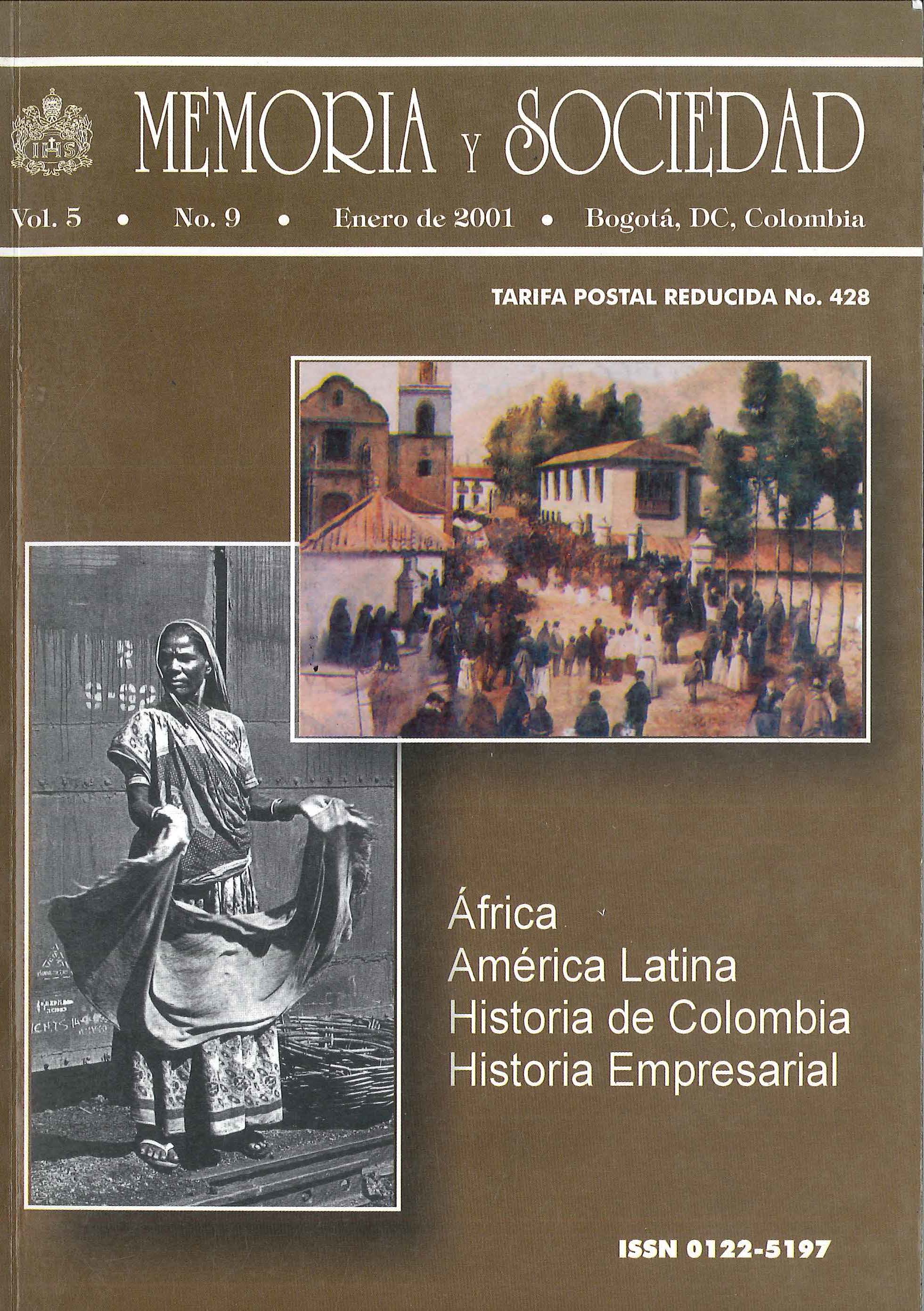Abstract
Focusing on business and new economic history, Bucheli studies, from a unique perspective, the history of the United Fruit Company. The author refutes the hypotheses and arguments of so-called Neo-Marxist historians who have based their analyses on dependency theory. the principal questions analyzed in the work are the following: After 1970, why did the United Fruit stop production only to specialize in product commercialization? What were the benefits of making this decision? The author concludes that the company stopped production in order to reduce the risks of damaging the already fragile relationship between growing syndicate powers and emerging Latin American nationalism.The journal Memoria y Sociedad is registered under a Creative Commons Attribution 4.0 International Public License. Thus, this work may be reproduced, distributed, and publicly shared in digital format, as long as the names of the authors and Pontificia Universidad Javeriana are acknowledged. Others are allowed to quote, adapt, transform, auto-archive, republish, and create based on this material, for any purpose (even commercial ones), provided the authorship is duly acknowledged, a link to the original work is provided, and it is specified if changes have been made. Pontificia Universidad Javeriana does not hold the rights of published works and the authors are solely responsible for the contents of their works; they keep the moral, intellectual, privacy, and publicity rights.
Approving the intervention of the work (review, copy-editing, translation, layout) and the following outreach, are granted through an use license and not through an assignment of rights. This means the journal and Pontificia Universidad Javeriana cannot be held responsible for any ethical malpractice by the authors. As a consequence of the protection granted by the use license, the journal is not required to publish recantations or modify information already published, unless the errata stems from the editorial management process. Publishing contents in this journal does not generate royalties for contributors.

